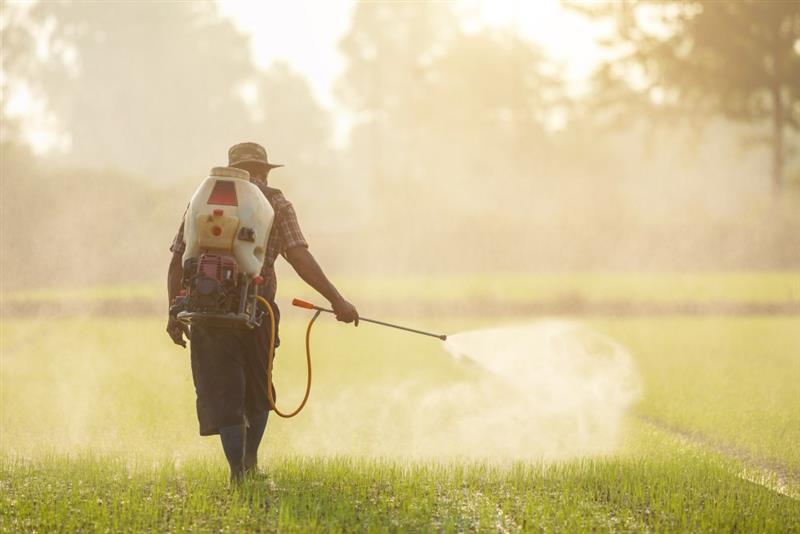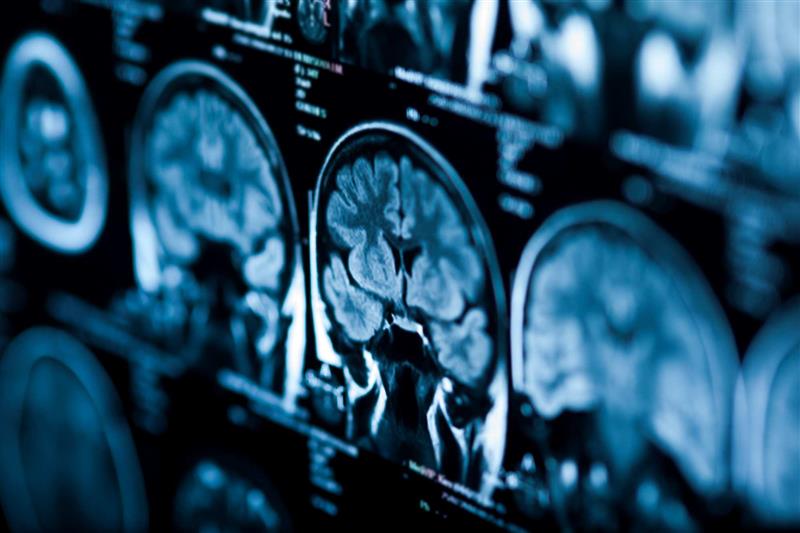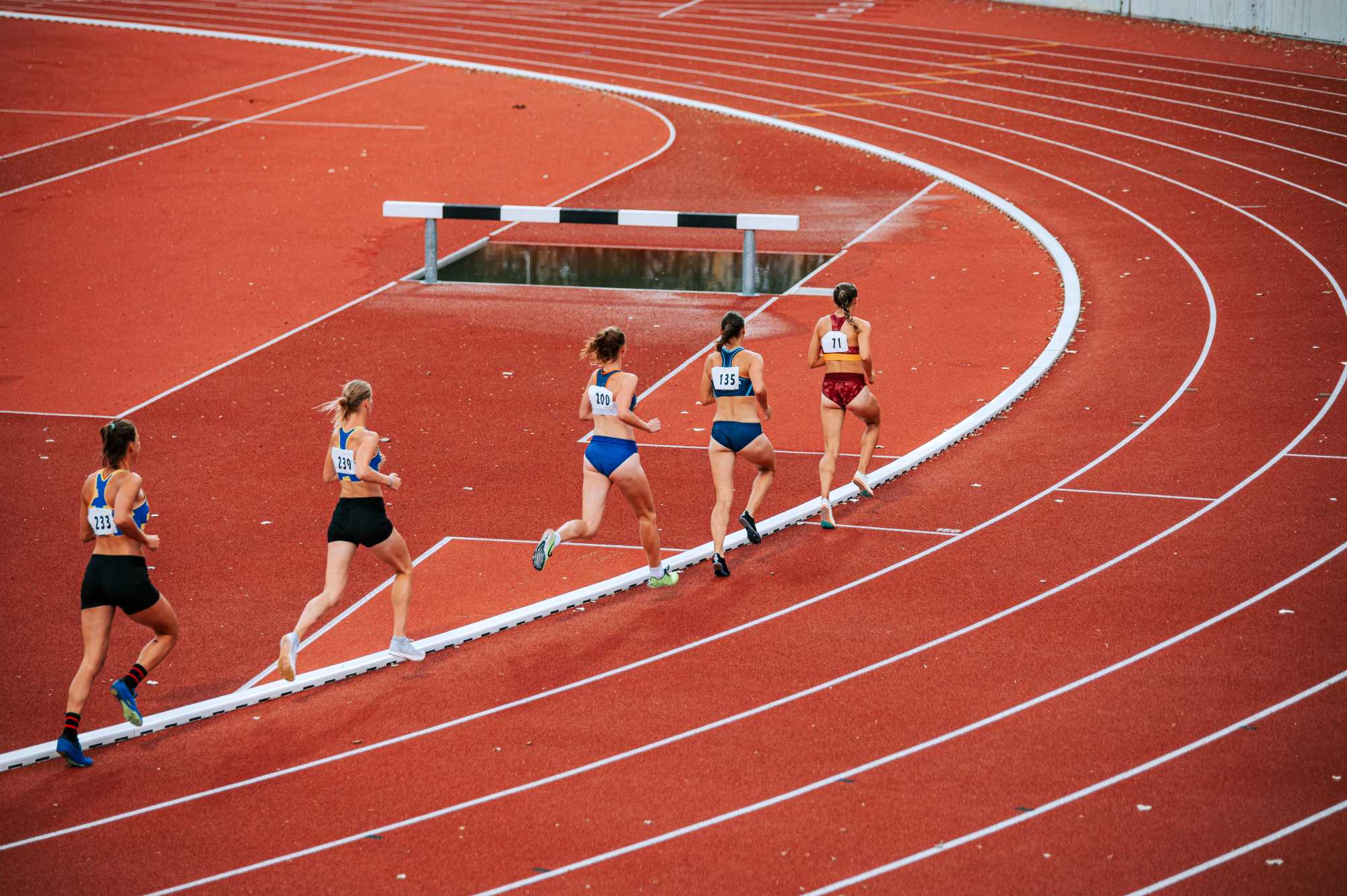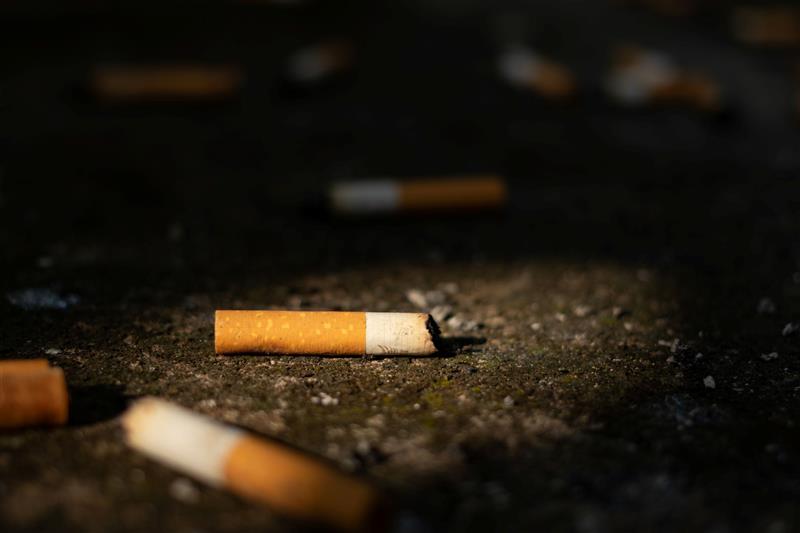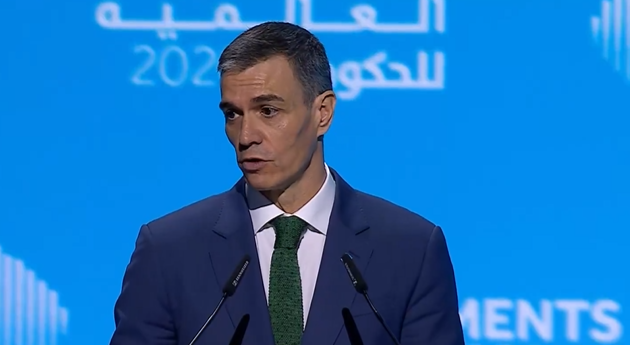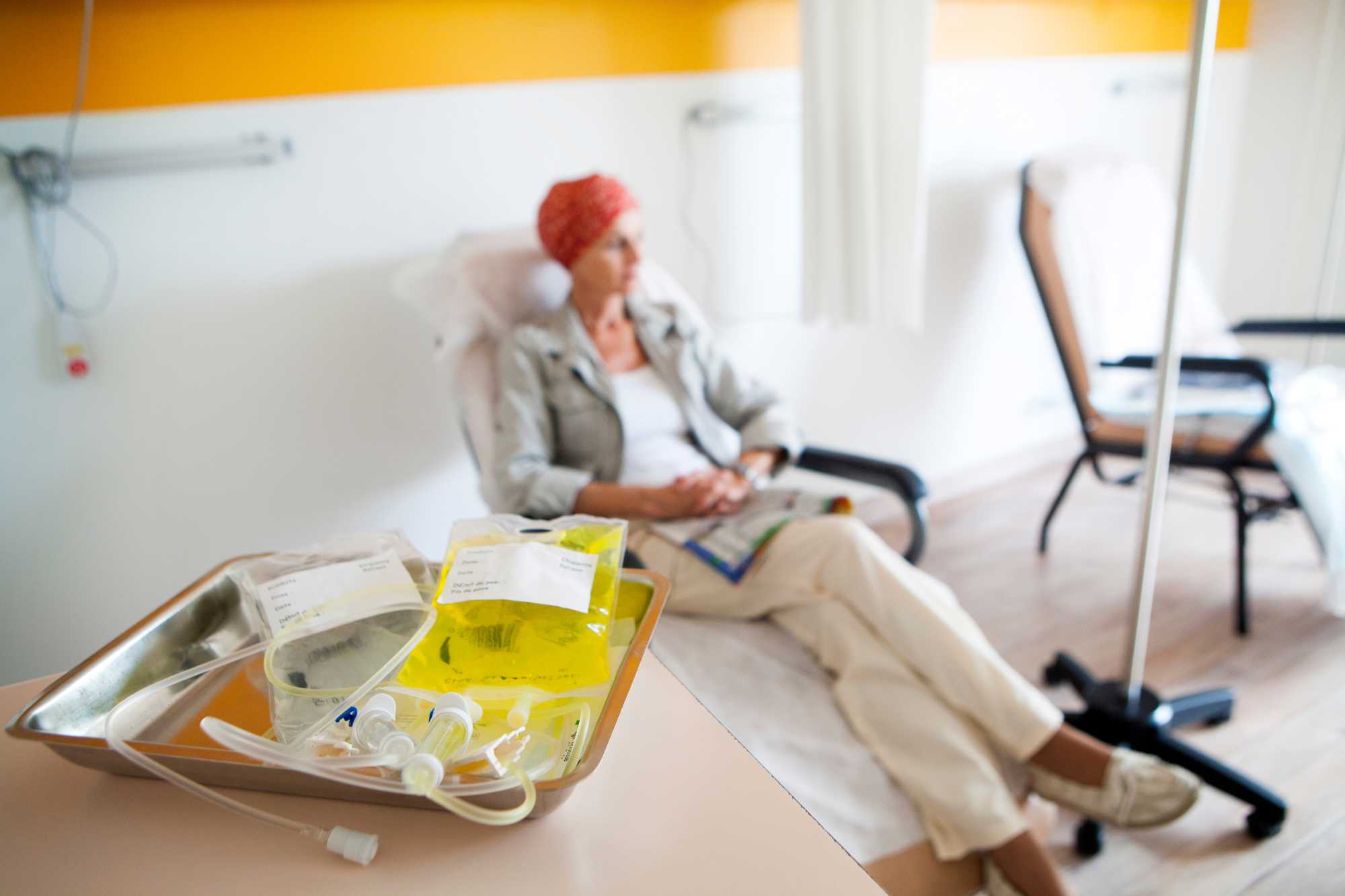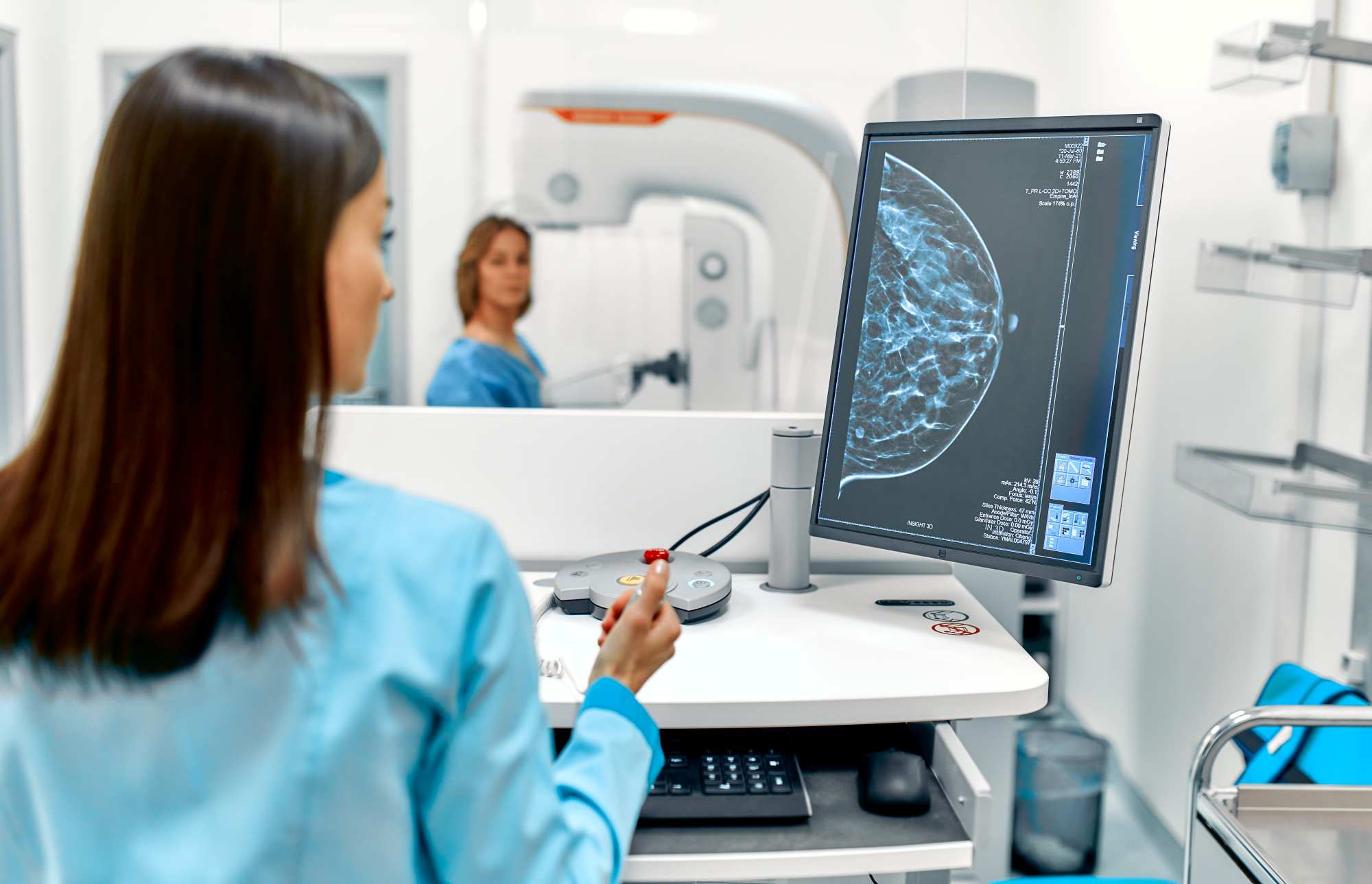The use, toxicity and ecological harm of pesticides are increasing at the global scale
A study published in Science shows a global increase in the toxicity and ecological harm caused by pesticides, contrary to the United Nations’ goal of halving pesticide-related risks by 2030. The authors analysed Total Applied Toxicity (TAT), which accounts for both pesticide use and toxicity, at a global scale between 2013 and 2019. The data covered the risks of 625 pesticides across eight species groups and 65 countries, representing 79.4% of global cropland. TAT increased in six of the eight species groups, including all invertebrate groups and terrestrial plants, and only Chile would meet the target of reducing pesticide risk by 50% by 2030.
